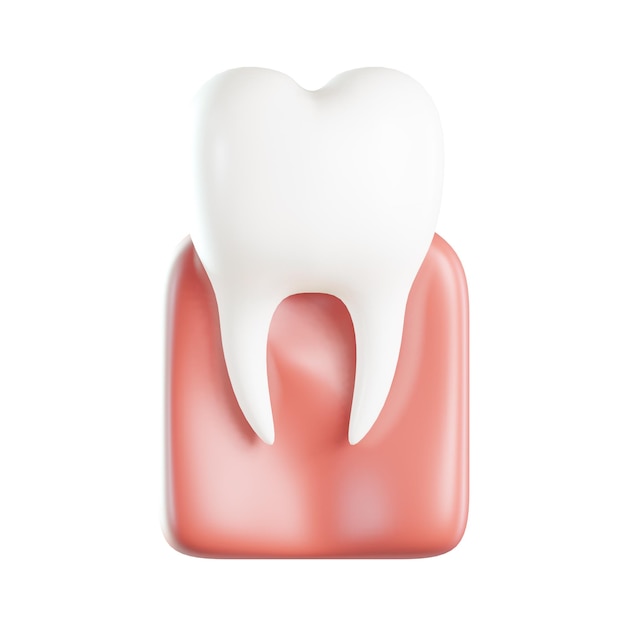Fluoride: A Neurotoxin That Damages Your Pineal Gland
If you haven’t heard of the pineal gland, it’s a small but crucial part of the brain. Located centrally, it’s responsible for producing melatonin, a hormone that regulates our sleep cycles and helps convert signals between the nervous and endocrine systems. Melatonin is believed to have neuroprotective qualities that might influence aging and conditions like Alzheimer’s. Unfortunately, the pineal gland can absorb a significant amount of fluoride, even more than our bones.
Our bones encounter toxic fluoride more often than we might realize. The World Health Organization (WHO) indicates that fluoride levels above 1.5 mg per liter can cause pitting of tooth enamel and accumulate in bones. In the U.S., much of the water supply remains fluoridated, exposing us to fluoride levels between 2 to 5 mg per liter, not counting the fluoride found in dental products.
When it comes to the pineal gland, fluoride can accumulate and lead to calcification, impairing its function. This calcification can worsen with age, potentially causing sleep disturbances or weight gain. Research suggests that toxic calcification of the pineal gland could also lead to early onset puberty in girls.
How to Detoxify the Pineal Gland
To detoxify and decalcify your pineal gland from fluoride, you can take several steps. First, avoid drinking fluoridated water by opting for alkaline or distilled water instead of tap water. Switching to fluoride-free dental products is another effective measure. Additionally, iodine may assist in detoxifying your pineal gland from excessive fluoride.
The damage fluoride can do to the pineal gland is just one aspect of its potential dangers. For a deeper understanding of the fluoride issue, consider watching the documentary Fluoride: Poison on Tap, which provides comprehensive insights into the topic and includes my contributions.
Now that you’re aware of how fluoride can impact your pineal gland, what steps will you take to avoid it?

